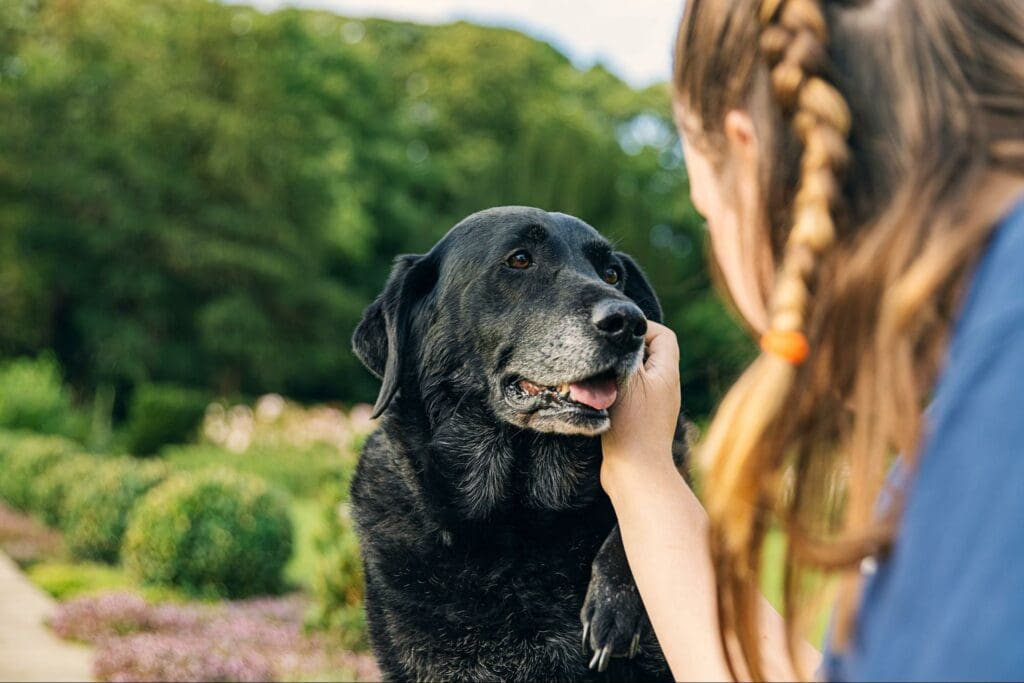
Learn how to provide the best care for your aging pet. Discover tips on diet, exercise, and regular vet visits to ensure your senior pet’s golden years are happy and healthy.
As pets age, their needs and abilities change. Senior pets require special attention and care to ensure their well-being in the later stages of life. From dietary adjustments to regular vet visits, there are several aspects to consider when caring for an aging pet. This article provides a comprehensive guide on how to care for your pet in their senior years, ensuring they remain healthy and content.
Dietary Adjustments
As pets age, their dietary needs change. Senior pets may require a diet lower in calories but higher in fiber and certain nutrients. Consult your veterinarian for recommendations on the best diet for your aging pet.
Regular Exercise
While senior pets may not be as energetic as they once were, regular exercise remains crucial for maintaining physical health and preventing obesity. Tailor the exercise routine to your pet’s abilities, opting for shorter and gentler activities.
Regular Vet Visits
Senior pets are more susceptible to health issues. Regular vet visits are essential for early detection and management of age-related conditions such as arthritis, dental issues, or kidney disease.
Comfortable Living Environment
Ensure that your home is comfortable for your aging pet. Provide a soft bed, keep their living space free of clutter, and ensure that food and water are easily accessible.
Mental Stimulation
Mental health is as important as physical health. Engage your senior pet in mental stimulation through puzzles, gentle play, or simply spending quality time together.
Medication and Supplements
Your veterinarian may recommend medications or supplements to manage age-related conditions. Ensure that your pet receives the necessary medications and follow the vet’s instructions closely.
Grooming and Dental Care
Regular grooming is essential for senior pets, as it helps in detecting any unusual lumps, bumps, or skin conditions. Dental care is also vital to prevent dental diseases that are common in older pets.
End-of-Life Care
As your pet reaches the end of their life, it’s important to discuss end-of-life care and options with your veterinarian. This includes pain management and making decisions that prioritize your pet’s quality of life.
Caring for a senior pet is a deeply rewarding experience. It’s an opportunity to give back the love and companionship they have provided over the years. By paying attention to their dietary needs, ensuring regular exercise, and keeping up with vet visits, you can make your pet’s golden years truly golden. Remember, the goal is to ensure that your beloved companion is comfortable, happy, and well-cared for as they age. Your dedication to their well-being is the ultimate expression of love and gratitude for the joy they have brought into your life.
